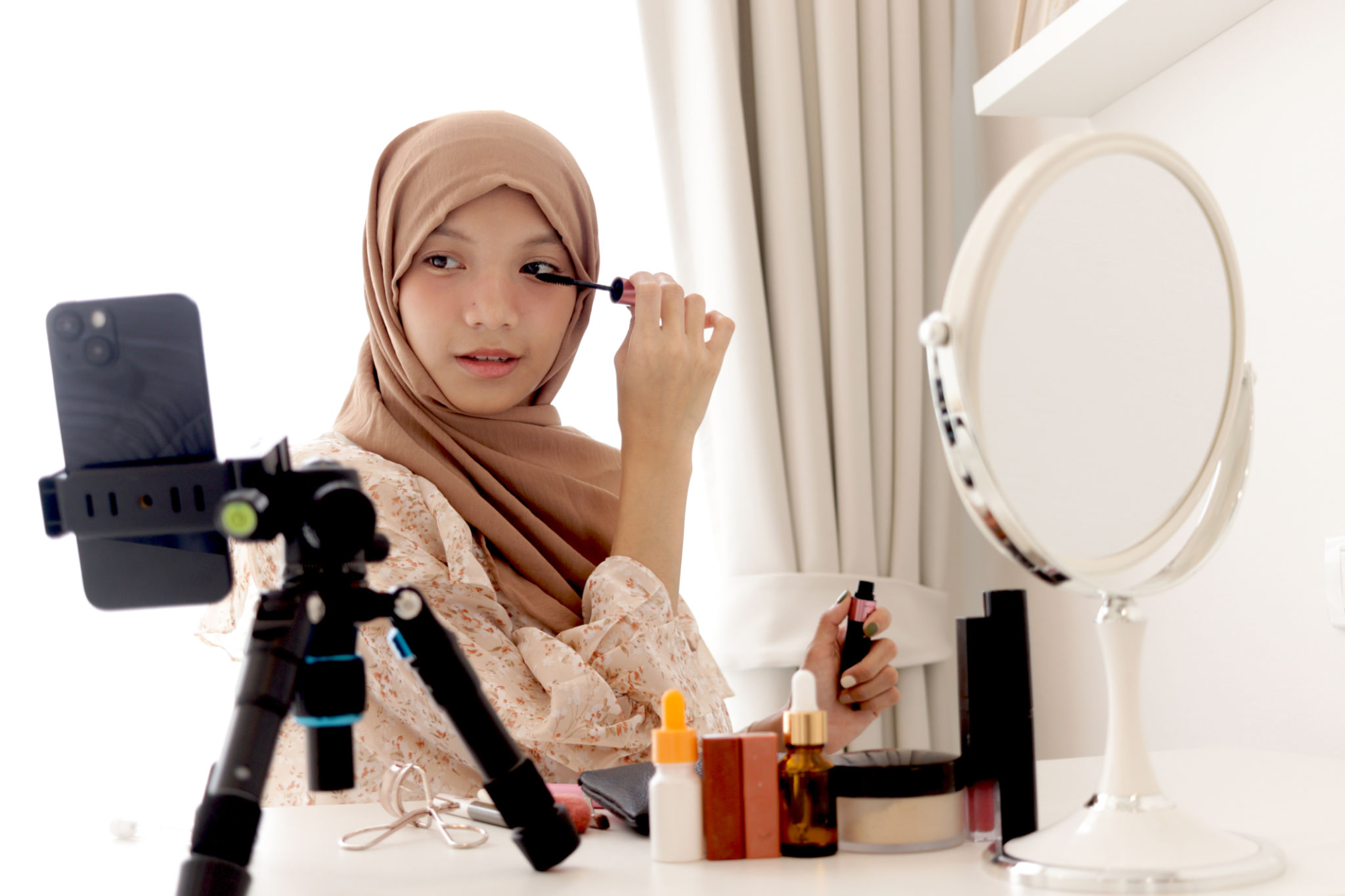Debunking Myths About Influencer Marketing in the Beauty Sector
Understanding Influencer Marketing
Influencer marketing has become a powerful tool in the beauty sector, but it's often surrounded by misconceptions. Many believe it's a superficial strategy, but in reality, it offers deep engagement and authentic brand connections. Let's explore some common myths and uncover the truth behind them.

Myth 1: Influencer Marketing Is Only for Big Brands
It's a common belief that only large beauty brands can leverage influencer marketing effectively. However, this couldn't be further from the truth. Small and medium-sized businesses can also benefit significantly. By collaborating with micro-influencers, brands can achieve targeted reach and build genuine relationships with their audience.
Micro-influencers, who often have between 1,000 to 100,000 followers, tend to have higher engagement rates compared to mega-influencers. Their followers view them as relatable and trustworthy, which can lead to more meaningful interactions with the brand.
Myth 2: It's All About the Numbers
Another misconception is that influencer marketing success is solely determined by the number of followers an influencer has. While reach is important, the quality of engagement is what truly matters. A smaller, more engaged audience is often more valuable than a large, passive one.

Brands should focus on influencers whose values align with theirs and whose followers are genuinely interested in their products. This alignment can lead to higher conversion rates and a stronger brand reputation.
Myth 3: Influencer Marketing Is a One-Time Strategy
Some believe that influencer marketing is a short-term tactic. In reality, it's a long-term strategy that requires ongoing relationship-building. Consistent collaboration with influencers can create sustained brand awareness and loyalty.
By nurturing these partnerships, brands can continuously engage with their audience and adapt to evolving market trends. This ongoing relationship allows for authentic storytelling and deeper connections with potential customers.

Myth 4: All Influencers Are the Same
The idea that all influencers operate similarly is a widespread myth. Influencers specialize in different niches, content styles, and platforms. Understanding these differences is crucial for a successful marketing strategy.
- Platform specialization: Some influencers thrive on Instagram, while others excel on YouTube or TikTok.
- Content style: Influencers may focus on tutorials, reviews, or lifestyle content.
- Niche expertise: Influencers often have unique areas of expertise within the beauty sector, such as skincare, makeup, or sustainable beauty.
Choosing the right influencer requires careful consideration of these factors to ensure a successful partnership.
The Importance of Authenticity
Authenticity is the cornerstone of influencer marketing in the beauty sector. Consumers are savvy and can easily identify inauthentic endorsements. Brands that prioritize genuine relationships with influencers are more likely to earn the trust and loyalty of their audience.
In conclusion, debunking these myths helps brands understand the true potential of influencer marketing. By focusing on genuine connections, quality engagement, and long-term strategies, businesses can effectively navigate the beauty sector and achieve remarkable results.